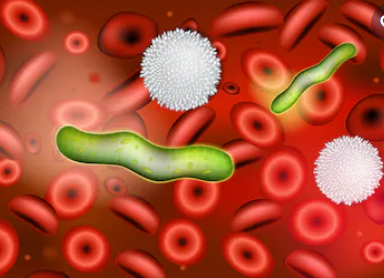Scientists from the Gulbenkian de Ciência Institute (IGC) led by Luís Moita have discovered that a hormone believed to treat obesity reduces the body’s resistance to bacterial infections and increases the risk of sepsis. The research results were recently published in PNAS. Sepsis is a potentially fatal disease that stems from the dysregulation of the organism’s response to infection, leading to organ failure. A recent study published in the…
obesity
Browning of Subcutaneous White Adipose Tissue Provides Outstanding Opportunity for Treatment of Obesity

In a recent study published in the Journal of Experimental Medicine, researchers from Caroline College and other institutions studied mice to elucidate the molecular mechanism of conversion of energy-storing white fat into energy-consuming brown one. Obesity is a major health problem for the global population, affecting people of all ages and increasing the risk of many diseases in humans, including cardiovascular disease, type 2 diabetes and cancers; although obesity…
Sensing Proteins Prevents Obesity and Diabetes Found
Recently, researchers at the University of Melbourne determined an internal “sensor” which can help fight by indicating cells to burn their fat. This finding might play an important role in the treatment for obesity and metabolic diseases (including type 2 diabetes). In this study, the researchers found that when the increased dietary energy (food) intake triggers cells to become “unstable”, a protein called NLRP1 is opened. Activate this protein…
Obesity? Novel Gene Accounted for That Was Found!
Recently, a research paper published in Nature Communications, has claimed that a key gene that leads to obesity was found. The genes presents in all cells of the body, and it can encode a protein called 14-3-3ζ. The researchers pointed that when silencing the expression of gene in the mouse body, a special type of unhealthy white fat in the mice body would decrease by 50%. This kind of fat…
